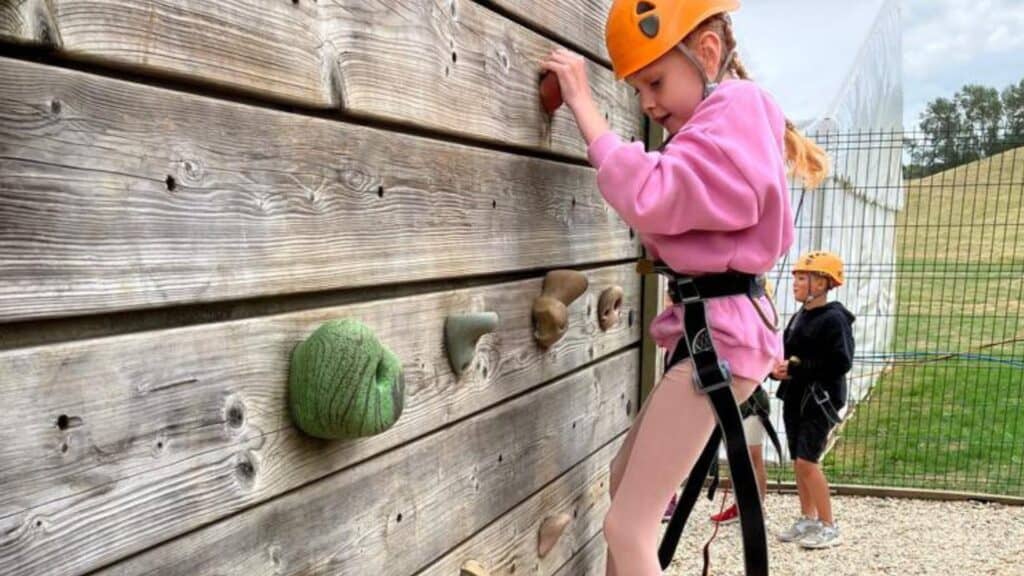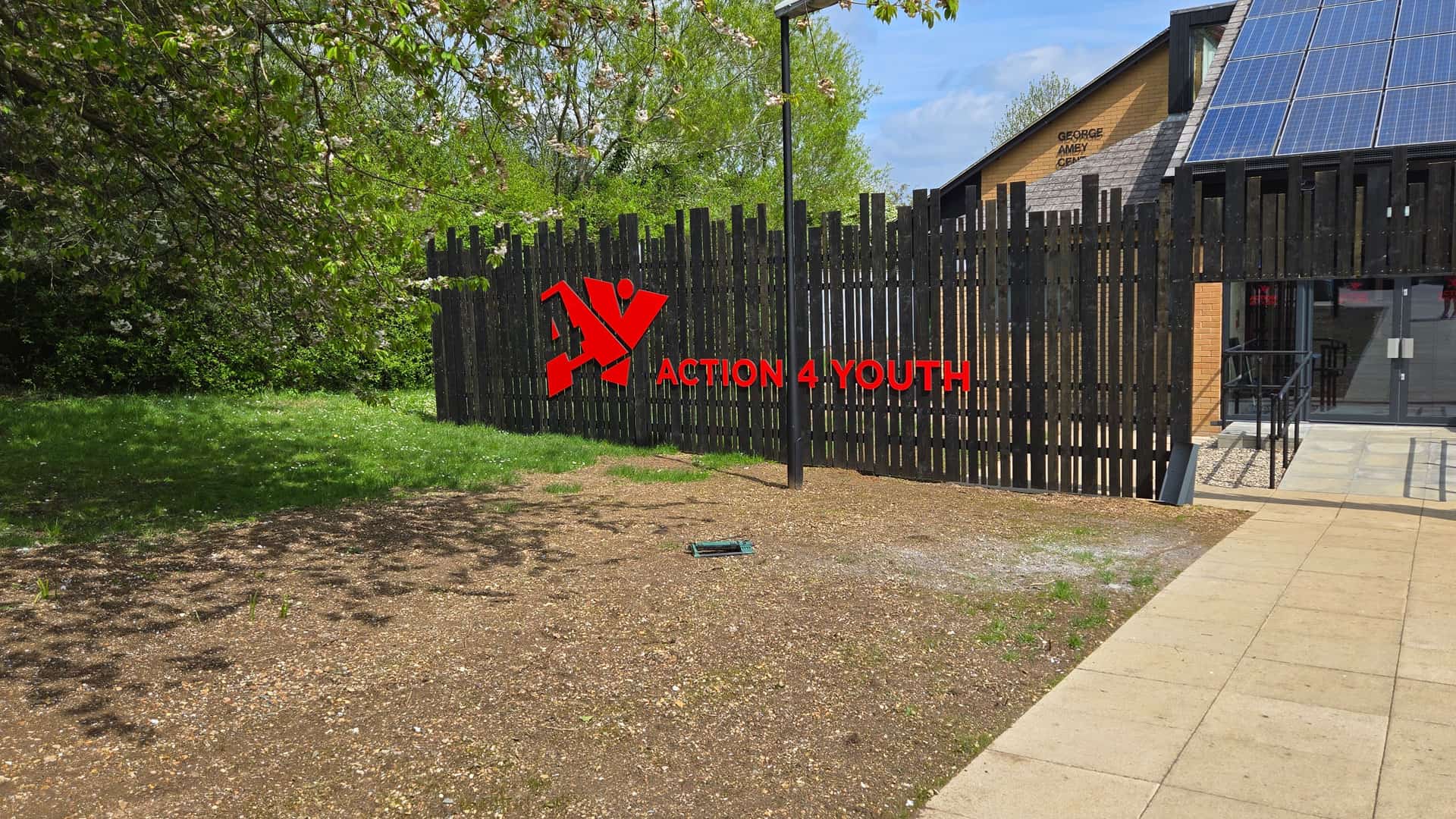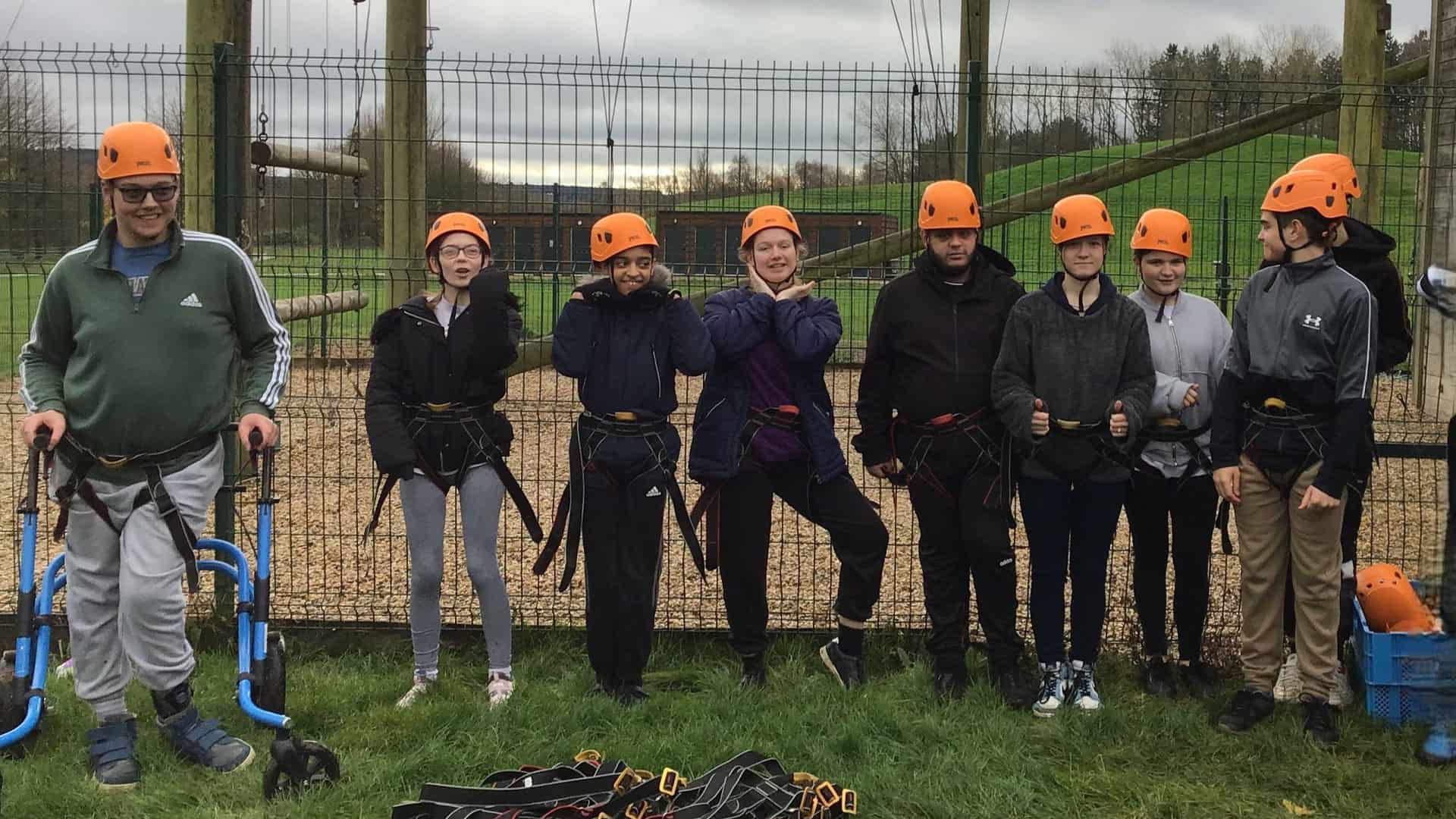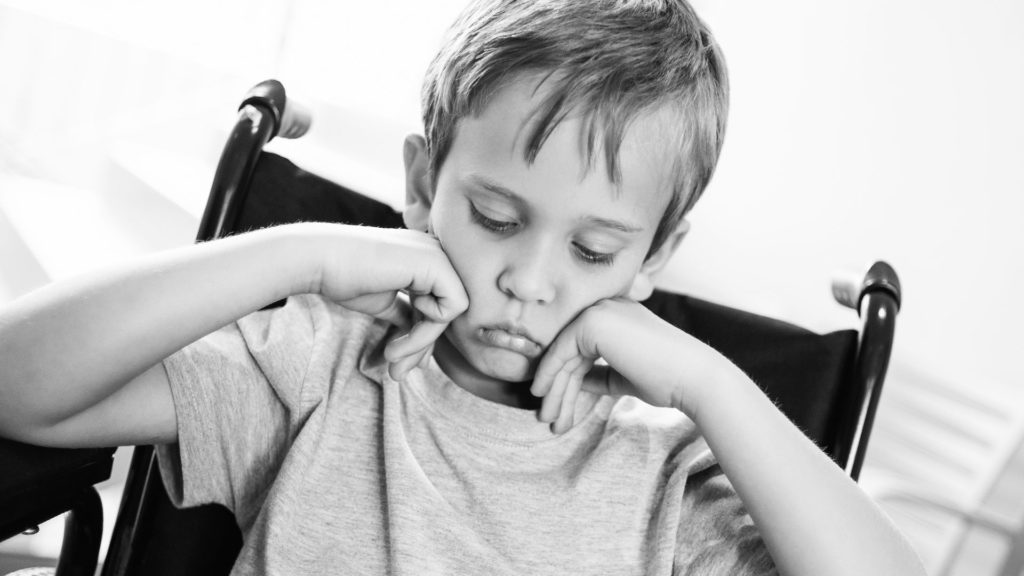Introduction
Residential trips offer an opportunity for students to learn and experience new things outside the traditional classroom setting. These trips ensure young people are exposed to activities they may not get to experience often or have potentially never experienced before as well as helping to develop independence, responsibility, and enhance social skills.

Residential trips also provide a break from the daily routine. For many pupils, such a trip, could be their first time staying away from home. A big step! It’s proven that whether you’re taking primary or secondary school pupils, quality residential trips for schools are hugely beneficial to their physical and mental well-being.
Building Stronger Connections
One of the main advantages of residential trips is the ability to break down barriers between students and teachers. The trip away from the familiarity of school provides an environment for forging and strengthening relationships that may not naturally develop within the confines of a traditional classroom. This enhanced rapport between teachers and pupils builds the foundation for a collaborative and supportive learning environment.
Boosting Confidence and Self-Esteem
A surge in confidence is a direct outcome of residential trips, affecting both students and teachers. Stepping outside their comfort zone, students find themselves in novel learning and social settings, fostering personal growth and resilience.
By encouraging students to take responsibility for their actions, such as building fires or filtering water, these trips empower children to sustain themselves with minimal adult intervention, fostering a sense of accomplishment and self-reliance.
Addressing the Needs of Every Student

Residential trips also prove to be particularly beneficial for lower-attaining pupils who may face challenges in a standard classroom environment. The change in scenery can positively impact concentration levels, providing a different avenue for these students to engage with their studies more holistically. In the primary years, these trips contribute to the development of speaking and listening skills, broadening vocabulary, and laying the groundwork for future academic success.
Encouraging Participation
Residential trips allow quieter students to be active participants. The supportive environment allows for the expression of thoughts and encourages group discussions, creating a sense of belonging and collaboration.
Unforgettable Memories
The most profound aspect of residential trips is the creation of lasting memories that students carry with them throughout their academic journey and into their everyday lives. These experiences emphasise the importance of connecting with the outdoor world and extracting lessons from nature.
Restoring Balance to the Classroom
Residential trips act as a counterbalance to the intensity of the traditional classroom. Offering a renewed enthusiasm for learning, these trips provide a vital break from the demands of the curriculum, allowing students to reconnect with themselves and their surroundings.
Conclusion
The numerous benefits of residential trips make it understandable why they are essential for students’ holistic development. These experiences promise a future where students not only excel academically but also emerge as confident, well-rounded individuals prepared for the challenges of the modern world.
Please help us make this page more visible by sharing it through your own social networks.







